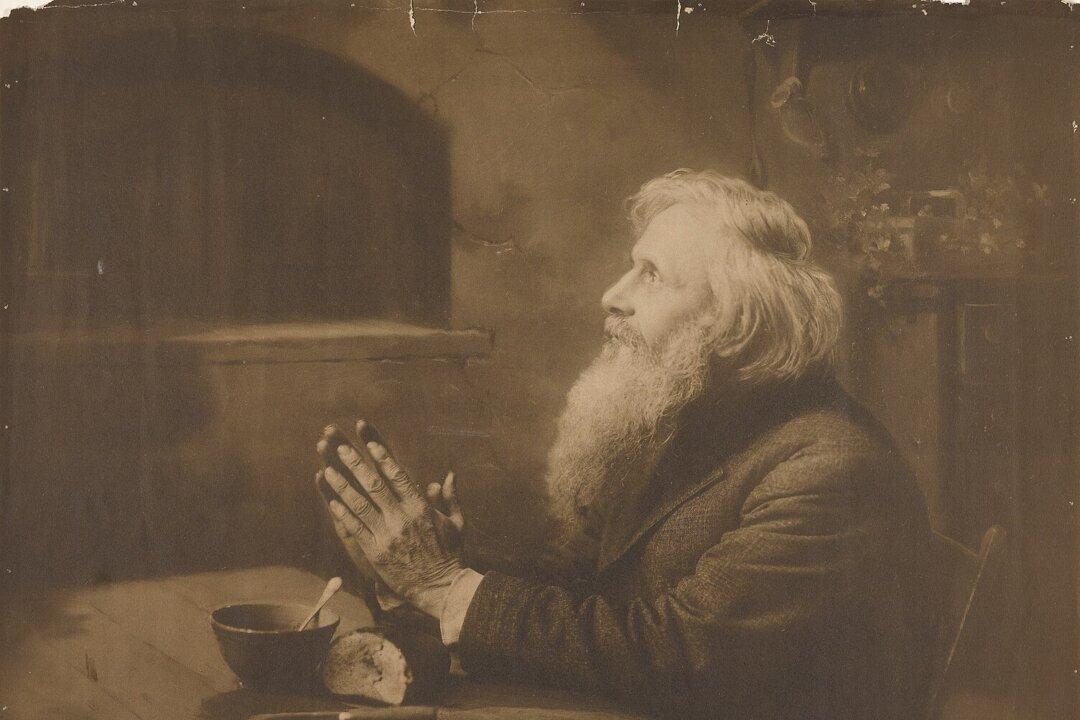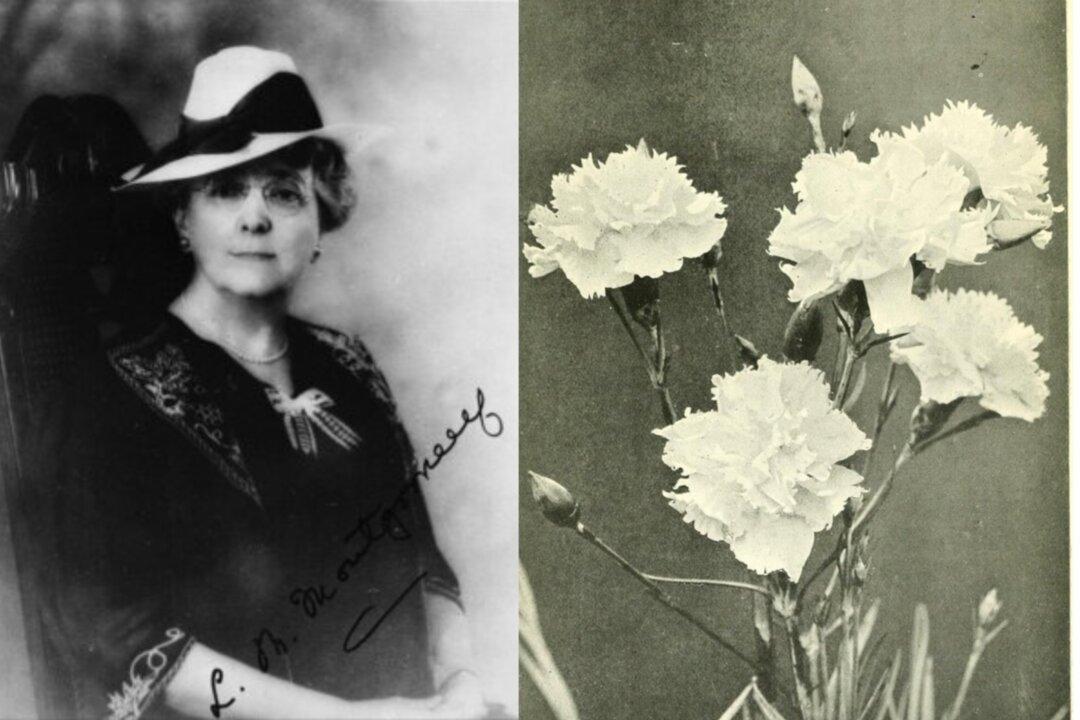The dullness of life sometimes seems unbearable, especially when nothing seems to diminish the monotony. Yet life’s tedium cannot be ultimately overcome by engaging in bad habits but through nurturing the soul.
In his short story, “A Talk With a Wayfarer,” Leo Tolstoy (1828–1910) tells of a conversation between the story’s narrator and a stranger. They first discuss how a bad habit can help relieve life’s dullness. Then their talk turns to a topic with more significance, much to the narrator’s amazement and satisfaction.






